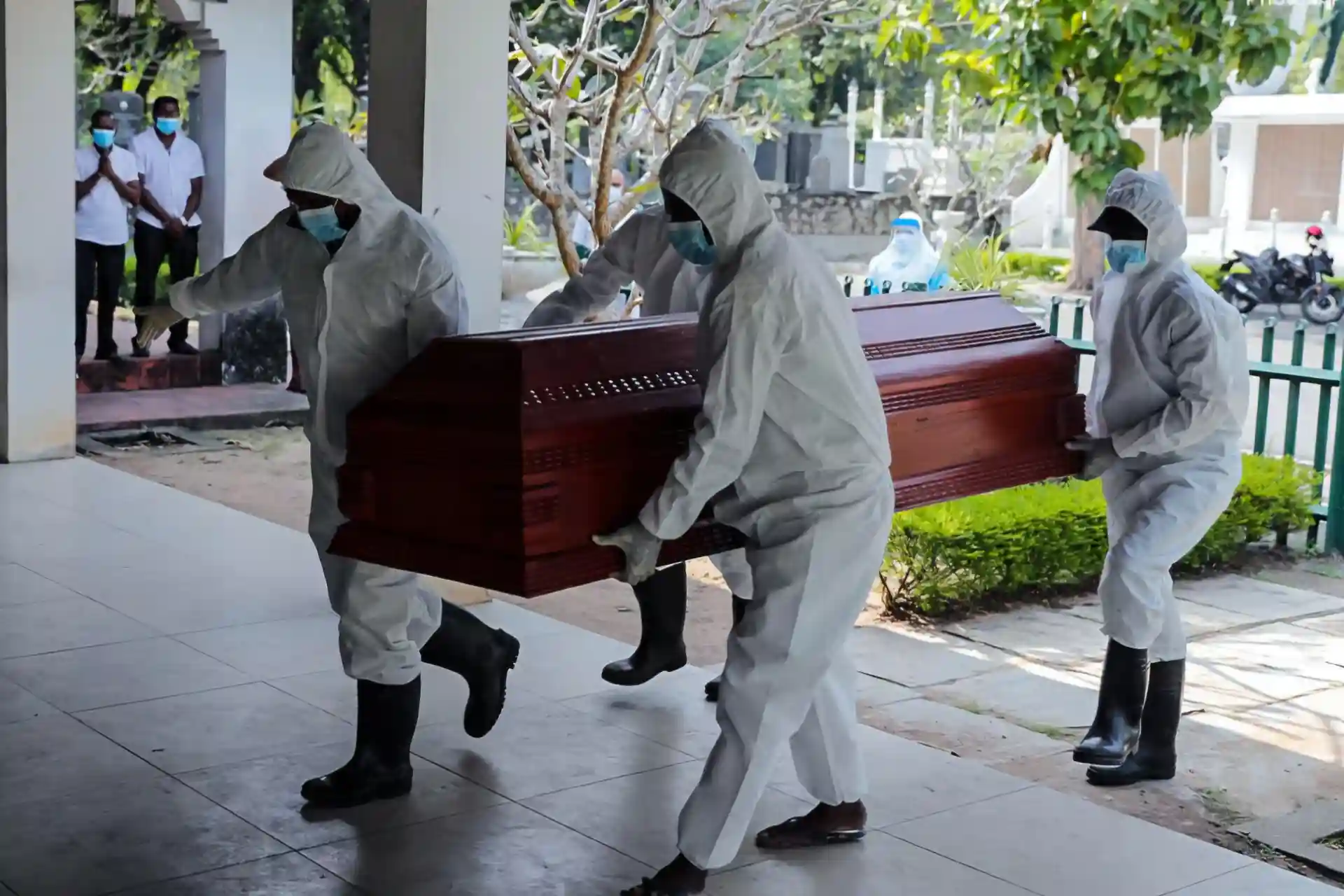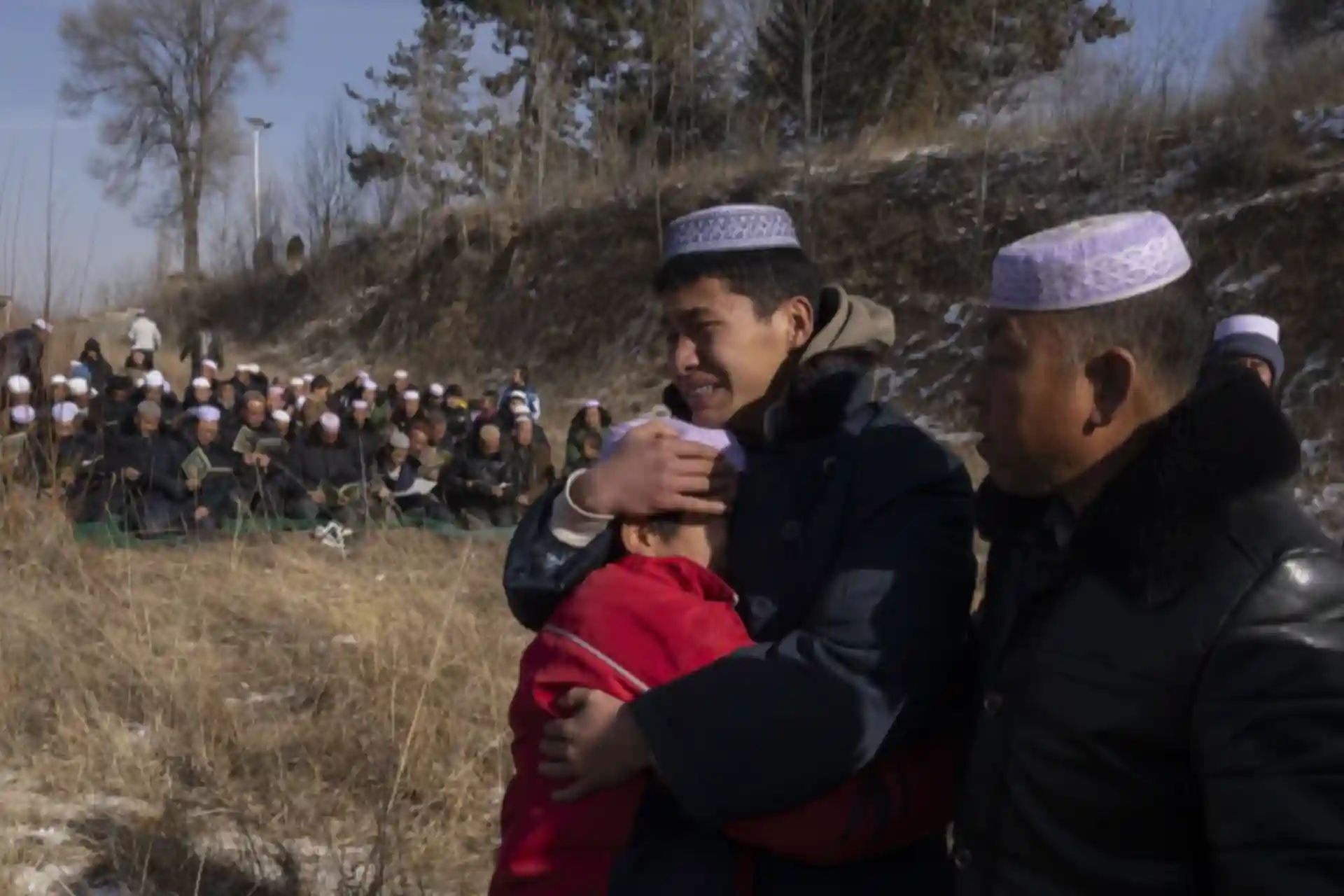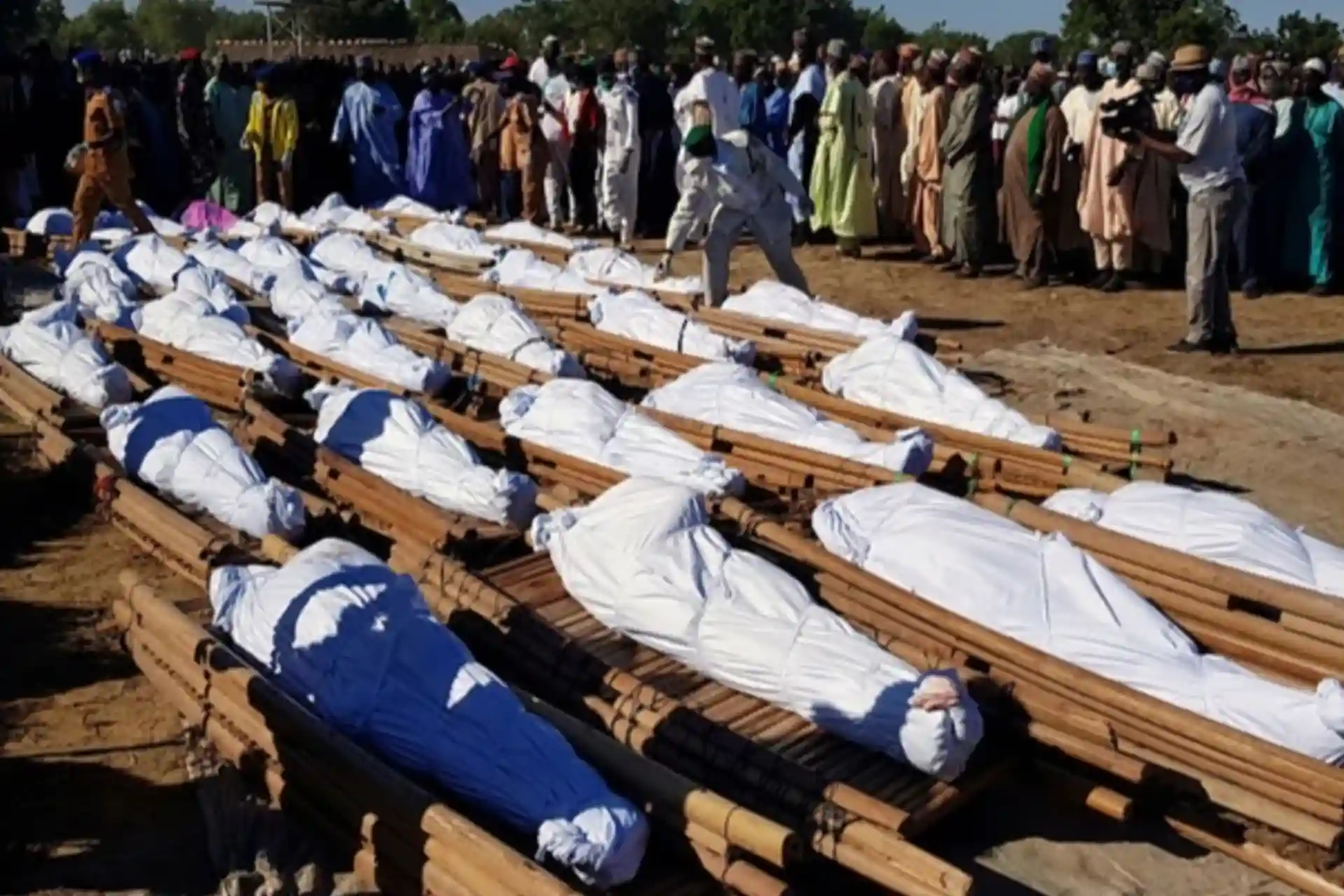27.07.2024 08:59
2197
The Sri Lankan government apologized to Muslims
On July 23, the Sri Lankan government formally apologized to the island's Muslim minority for the forced cremation of victims of COVID-19 during the pandemic. This decision was taken despite assurances from the WHO that burial according to Islamic customs was safe.
A government statement said the new law would guarantee the right of burial or cremation in the future to ensure that funeral rites of Muslims or other communities are not disturbed.
Sri Lankan Muslims welcomed the apology, but their entire community, about 10 percent of the island's 22 million people, said they were still hurt by the events.
“We will now take legal action against the two academics behind the government's policy of compulsory cremation - Mattika Vithanage and Channa Jayasumana. We also demand compensation," said Hilmi Ahamed, spokesperson of the Muslim Council of Sri Lanka.
Then-President Gotabaya Rajapaksa banned the burial at a time when his administration faced international condemnation at the UN Human Rights Council and other forums for violating Muslim funeral norms.
In a book published earlier this month, he justified his action by saying he was only following the "expert advice" of Vithanage, a natural resources professor with no medical training, and that he would not allow burials of COVID victims.
Rajapaksa ended the mandatory cremation policy in February 2021 and allowed burials in the remote Oddamawadi region under tight military control and without the presence of relatives.



